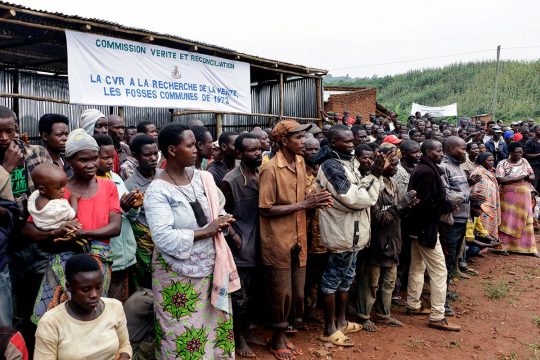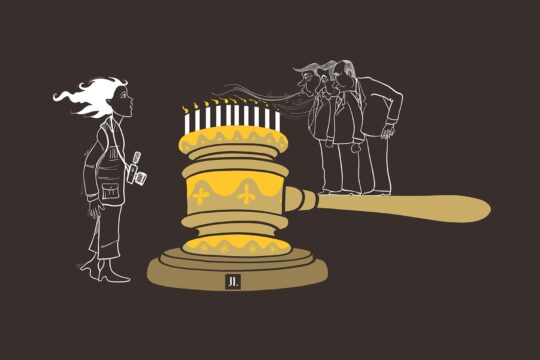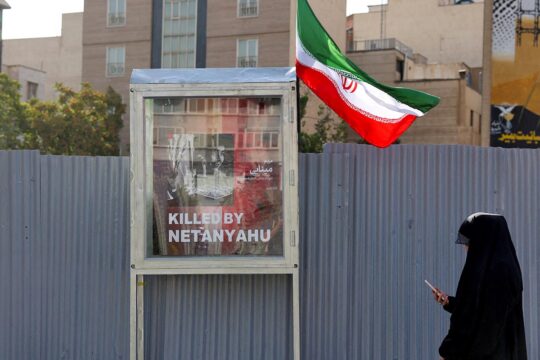The UN rights council voted Thursday to send experts to help authorities in crisis-wracked Burundi to investigate violations, casting doubt on whether an independent international probe would be allowed to continue.
The resolution, presented this week by a group of African countries, was controversial since it came on top of a far stronger text previously tabled by the European Union, the United States and Canada.
That resolution, which will be voted on on Friday, calls for the UN's Commission of Inquiry on Burundi, which has accused the country's government of crimes against humanity -- including executions, torture and rape -- to continue its work.
The African text, which passed with 23 votes in favour, 14 opposed and nine abstaining, meanwhile calls for the UN rights office to "urgently dispatch a team of three experts" to Burundi.
The experts, it said, should "collect and preserve information, to determine the facts and circumstances... in cooperation with the government of Burundi".
It also called for them to "forward to the judicial authorities of Burundi (this) information in order to establish the truth and to ensure that the perpetrators of deplorable crimes are all accountable to the judicial authorities of Burundi".
Speaking on behalf of the EU before Thursday's vote, Latvian ambassador Janis Karklins warned that sending a team of experts "dependant on the good graces of the authorities does not lead us to believe it will be able to add to the fight against impunity in the country".
"There is no guarantee of independence and impartiality," he said.
- Credibility at stake? -
US representative Jason Mack also voiced deep disappointment at the African resolution, pointing to the Commission of Inquiry's findings that the Burundian government is continuing "to engage in extrajudicial killings, torture, arbitrary detention, enforced disappearances, and sexual violence".
"Under these circumstances, the Human Rights Council should not support any mechanism short of a Commission of Inquiry, or this council risks further diminishing its credibility as the primary UN mechanism for protecting and promoting human rights," he said.
Burundi ambassador Renovat Tabu meanwhile accused the Europeans and Americans behind the stronger resolution of pushing a "secret agenda" against his country, insisting it had made "remarkable progress ... in the fight against impunity".
A spokesman for the rights council said it was fully possible for both Burundi resolutions to be adopted and implemented side by side, meaning the Commission of Inquiry could still see its mandate renewed Friday.
That would require some of the council's 47 members who voted for the African resolution to also agree to the second text, and observers said the Europeans and Americans might need to weaken some of the language in their resolution to help it pass.
John Fisher of Human Rights Watch voiced disappointment that the African resolution passed, but suggested that if the stronger text passes, the two investigations could compliment each other.
"The Commission could work cooperatively with the team of experts to ensure a coherent approach," he told AFP in an email.
"The credibility of the Council - and the needs of victims in Burundi - demands no less."





